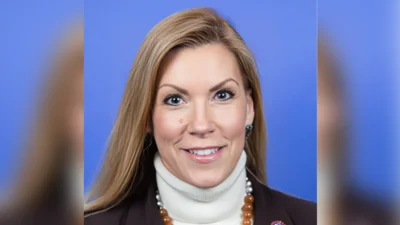COLLIN COLLEGE STUDENT EXPERIMENT SELECTED FOR TRIP TO INTERNATIONAL SPACE STATION | collincollegenews.com
COLLIN COLLEGE STUDENT EXPERIMENT SELECTED FOR TRIP TO INTERNATIONAL SPACE STATION | collincollegenews.com
COLLIN COLLEGE STUDENT EXPERIMENT SELECTED FOR TRIP TO INTERNATIONAL SPACE STATION
A microgravity experiment designed by Collin College students has been selected to fly to the International Space Station aboard a SpaceX commercial supply vehicle in Spring/Summer 2023 as part of Mission 17 of the Student Spaceflight Experiments Program (SSEP).
The experiment, “Does microgravity affect the formation of symbiotic relationships between soy and rhizobium?”, will focus on the viability of soybeans as a possible food source and the creation of microplastics on long space voyages. While soybeans sprout in microgravity, rhizobium increases the yield by 66 percent, making the crop much more useful to future astronauts.
Collin College students Henry Elmendorf of Allen and Stefano Sacripanti of Murphy designed the experiment with the guidance of Dr. Tamara Basham, a professor of Environmental Science at the Plano Campus.
“I think we came up with a very relevant experiment that ties in with past and current research being done on the International Space Station that could provide valuable information for future spaceflight missions,” Elmendorf said. “I may never work with NASA or a commercial space agency, but I didn’t want to miss the opportunity to have a project I contributed to get to fly to the ISS. That’s just too cool to pass up.”
Scientifically-minded students from multiple Collin College campuses, including many participating in the college’s Center for Advanced Studies in Mathematics and Natural Sciences (CASMNS) program, submitted potential experiments for SSEP Mission 17. Other experiments designed by Collin College students that the SSEP considered included “Chemical reaction/erosion on a parent rock” and “Galleria mellonella’s Polyethyleneases – Pioneers of biodegrading plastic to establish a sustainable space environment.” Student artists will participate in a patch design contest commemorating the mission this spring.
Original source can be found here






 Alerts Sign-up
Alerts Sign-up